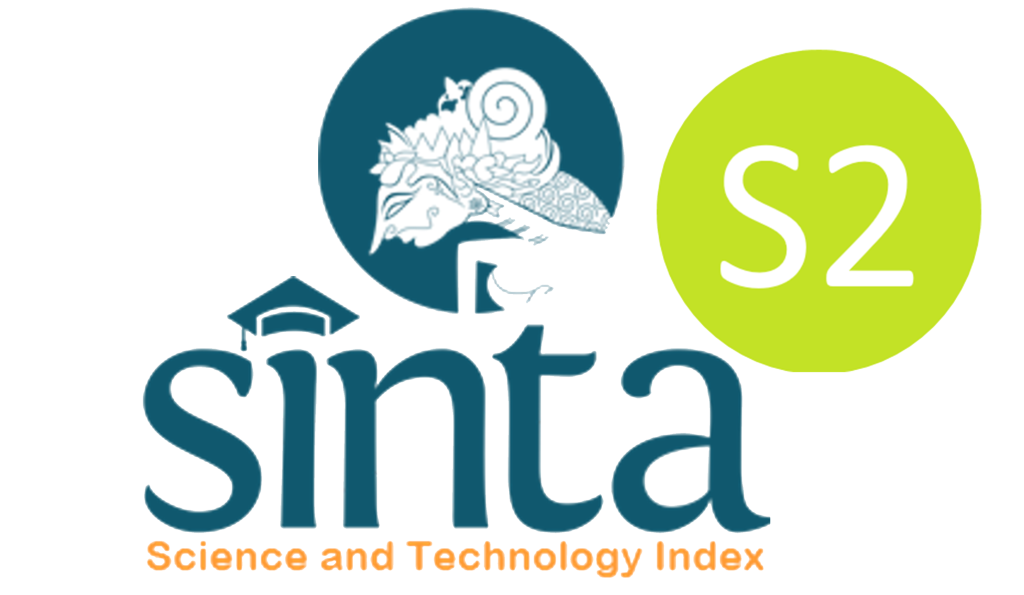"WASTE-FREE SCHOOLS: STRATEGIES FOR BUILDING ENVIRONMENTAL AWARENESS IN HIGH SCHOOLS"
DOI:
10.54443/ijerlas.v4i6.2220Published:
2024-11-30Downloads
Abstract
Summary Waste management in schools is an important step in supporting environmental sustainability. This article examines the implementation of the Zero Waste Schools program in Indonesia with a focus on the application of the Reduce, Reuse, Recycle (3R) principle to reduce waste. Although there are clear positive impacts, challenges such as lack of facilities and awareness among students and teachers still hinder the success of the program. This article provides recommendations for integrating waste management into the school curriculum, providing adequate facilities and increasing school community participation. Schools are expected to become agents of change by increasing environmental awareness and creating a cleaner and more sustainable environment.
Keywords:
waste management, Zero Waste School, Reduce, Reuse, Recycle, sustainability, environmental education, community participation.References
• Kementerian Lingkungan Hidup dan Kehutanan (KLHK). 2023. Laporan Tahunan Pengelolaan Sampah Nasional. Jakarta: KLHK.
• Rahman, Yusuf. 2022. "Implementasi Program Sekolah Bebas Sampah: Studi Kasus di Jakarta." Jurnal Pendidikan Lingkungan 15 (2): 101-115.
• Gao, Y., Chen, H., & Zhang, X. (2020). "Evaluating the impact of waste management policies on waste reduction." Environmental Management Journal, 47(2), 123-135.
• Geng, Y., & Doberstein, B. (2021). "Sustainable waste management in schools: A case study of Zero Waste Schools." Waste Management Review, 34(4), 45-60.
• Kail, A., & Amani, M. (2021). "Environmental awareness and waste management practices among students: A case study." Journal of Environmental Education, 52(1), 22-35.
• Liu, Z., Wang, Y., & Zhang, J. (2022). "The role of school education in waste reduction and recycling practices." Environmental Education Research, 28(3), 145-160.
• Smith, J., Miller, L., & Jones, R. (2019). "Zero Waste Schools: Building a sustainable future through education." Journal of Sustainability in Education, 19(1), 15-30.
• Tuncer, G., Doyduk, T., & Akar, H. (2020). "Environmental education and sustainable behaviors: Analyzing the impact on children." International Journal of Environmental Education, 25(4), 89-103.
• Bali Green School Committee. "Creativity for Change: Student Animation Programs." 2022.
• Dinas Pendidikan Jawa Barat. "Laporan Program Bank Sampah Digital." 2022.
• Handayani, S. Praktik Komposter di Sekolah. Malang: Universitas Negeri Malang Press, 2020.
• Jakarta Eco-Team. "Eco-Day: Connecting Schools and Families." 2023.
• Kettunen, M. Eco-Schools and Green Awareness Programs. Helsinki: Nordic Press, 2021.
• Pemerintah Kota Surabaya. "Laporan Surabaya Clean-Up Day." 2023.
• Pradana, Y. "Studi Kasus Implementasi Tempat Sampah Terpilah." Jurnal Lingkungan dan Pendidikan 4, no. 2 (2023): 112–120.
• SMA Labschool Jakarta. “Proyek Seni dari Limbah Plastik.” 2023.
• SMA Labschool Kebayoran. "#PlastikBukanPilihan Campaign Report." 2023.
• Tanaka, Y., et al. "Zero Waste Practices in Japanese Schools." Environmental Education Journal, 2020.
• Pratama, R., and N. Syafitri. "The Impact of Environmental Education on Students’ Waste Management Practices." Journal of Green Education 5, no. 3 (2021): 112–125.
• Purnomo, A. H. "Challenges in Waste Management in Indonesian Urban Schools." Indonesian Journal of Environmental Studies 7, no. 1 (2022): 45–60.
• Wijaya, A. "Building Collective Awareness: Case Study on Surabaya Schools." Asia Pacific Journal of Sustainable Education 8, no. 4 (2023): 233–250.
License
Copyright (c) 2024 Nayla Nurul Afifah, Sulaiman Zuhdi, Wisaam Addar Hasan Pasaribu, Muhammad Zaidan Alawi, Raihan Fadhil Aiman Sadikin

This work is licensed under a Creative Commons Attribution 4.0 International License.









